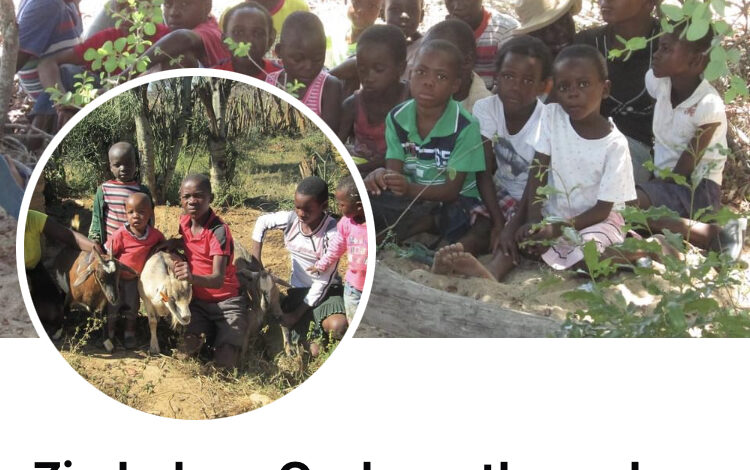The Importance of Orphanages in Zimbabwe

Orphanages in Zimbabwe play a crucial role. They provide support and care for the large number of orphaned and vulnerable children in the country. In 2022, these orphanages worked tirelessly to address the challenges faced by orphans. Additionally, they make a positive impact on their lives. Here are some key points about the work orphanages do in Zimbabwe.
Zimbabwe is home to an estimate of 720,000 orphans, primarily due to deaths from AIDS-related illnesses. The extended family traditionally cared for orphans. However, the economic and social conditions have made it difficult for relatives to cope with this responsibility.
Orphanages in Zimbabwe and how they operate.
Zimbabwe Orphans through Extended Hands (ZOE) is an organisation that believes local churches have a vital role to play in caring for orphans. ZOE focuses on mobilising churches and training church volunteers to visit and support orphan families. Also, these volunteers have experience in various areas, including parenting skills, child protection, and psychosocial support.
Additionally, orphanages in Zimbabwe, such as SOS Children’s Villages, work towards keeping families together. They do this by providing support and necessities to vulnerable families. If families are unable to stay together, these orphanages can place children into SOS families. They then provide them with education and advocacy.
Additionally, organisations like CAMFED Zimbabwe provide scholarships for orphaned female adolescents in rural areas, improving their chances of academic success.
The orphan crisis in Zimbabwe is largely attributed to the prevalence of HIV/AIDS, which has resulted in over 1.3 million orphaned children in the country. Many children are born with HIV/AIDS, making them highly vulnerable and often facing social prejudice.
Impact of HIV/AIDS on orphans
While the traditional system of taking in orphans involves kin living in surrounding areas, the destruction caused by HIV/AIDS has put pressure on this network system. Many orphaned children lack support from grandparents or other family members. Here, orphanages in Zimbabwe step in to fill this gap.
Orphaned children in Zimbabwe often face poor educational opportunities, with limited access to schools and inadequate resources. This hinders their development and future prospects.
Moreso, community-based interventions and strategies have been developed to provide shelter, food, education and protection for orphans in Zimbabwe. These strategies involve community mobilisation, volunteer identification, ongoing training and support and monitoring and evaluation.
Orphanages like Rose of Sharon in Harare provide immediate relief for orphaned or abandoned children, who would otherwise face the harsh realities of poverty, lack of access to education and stigma. These orphanages in Zimbabwe ensures that a number or orphans get an education.
Conclusion
In conclusion, orphanages in Zimbabwe play a vital role by providing support and care for the large number of orphaned and vulnerable children in the country. These organisations work towards keeping families together, providing education opportunities and addressing the challenges orphans face. However, despite the underlying issues and systemic problems in Zimbabwe, the work of orphanages and community-based interventions aims to improve the lives of orphans and create a more sustainable future for them.





